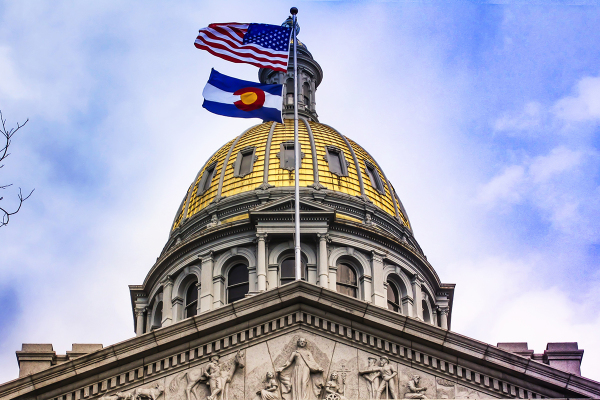5 Things Pastors Need to Stop Doing Immediately

Pastors, we are not just cheerleaders, we are game changers. We are called to stir and to convict so that change takes place. Granted, there are many wonderful pastors and churches — I appreciate their ministry, but, as a whole, the church has drifted off course. They have lost the compass of truth — many are more concerned about wine tasting and craft beers than truly seeking the heart of God.
The pulpit regulates the spiritual condition of God's people which affects the nation. A lukewarm, sex-saturated culture (and church) simply reflects the lack of conviction in the pulpit as well as the pew.
Pastors, and Christian leaders alike, must take responsibility for the spiritual health of today's church, and the nation. We don't need more marketing plans, demographic studies, or giving campaigns; we need men filled with the Spirit of God.
This is not a letter of rebuke (I'm in no position to do that) — it's a tear stained plea that we once again seek the heart of God.
Here are five issues we need to overcome:
1. Stop watering down the gospel.
The truth is often watered-down in the hope of not offending members and building a large audience. Judgment is never mentioned and repentance is rarely sought. We want to build a church rather than break a heart; be politically correct rather than biblically correct; coddle and comfort rather than stir and convict. The power of the gospel is found in the truth about the gospel — the edited version does not change lives.
2. Stop focusing only on encouragement.
We all need encouragement, that's a given, but most people feel beaten down because they're not hearing more about repentance — "repent and experience times of refreshing from the presence of the Lord" (cf. Acts 3:19).
To truly help people, we must preach the difficult truths as well as the joyful ones; preach the cross and the new life; preach hell and preach heaven; preach damnation and preach salvation; preach sin and preach grace; preach wrath and preach love; preach judgment and preach mercy; preach obedience and preach forgiveness; preach that God "is love," but don't forget that God is just. It is the love of God that compels us to share all of His truth.
3. Stop getting your message from pop-psychology or the latest fad.
All of us must return to the prayer closet where brokenness, humility, and full surrender take place. God prepares the messenger before we prepare the message. Without prayer, "the church becomes a graveyard, not an embattled army. Praise and prayer are stifled; worship is dead. The preacher and the preaching encourage sin, not holiness … preaching which kills is prayerless preaching. Without prayer, the preacher creates death, and not life" (E.M. Bounds).
"Without the heartbeat of prayer, the body of Christ will resemble a corpse. The church is dying on her feet because she is not living on her knees" (Al Whittinghill).
4. Stop trying to be like the world.
If a pastor fills his mind with the world all week and expects the Spirit of God to speak boldly through him from the pulpit, he will be gravely mistaken.
"The sermon cannot rise in its life-giving forces above the man. Dead men give out dead sermons, and dead sermons kill. Everything depends on the spiritual character of the preacher" (E.M. Bounds).
Who he is all week is who he will be when he steps to the pulpit. We are called to the separated life guided by the Holy Spirit not Hollywood.
When God brings change, separation and prayer has been the catalyst. The dry, dead lethargic condition of the church simply reflects our lack of being filled with the Spirit. While 5-minute devotionals and prayers are good, they aren't going to cut it in these dire times. We need powerful times of prayer, devotion, and worship. Again, God prepares the messenger before we prepare the message. It takes broken men to break men. Unplug the tv, turn off Facebook, and get back into the Word, prayer, and worship.
5. Stop asking, "Will this topic offend my audience?" and start asking, "Will my silence offend God?"
A paraphrase that is often attributed to Alexis De Tocqueville — a Frenchman who authored Democracy in America in the early 1800s, helps to better understand this point: "I looked throughout America to find where her greatness originated. I looked for it in her harbors and on her shorelines, in her fertile fields and boundless prairies, and in her gold mines and vast world commerce, but it was not there ... It was not until I went to the churches of America and heard her pulpits aflame with righteousness did I understand the secret of her success. America is great because she is good, and if America ceases to be good, America will cease to be great."
Is your pulpit aflame with righteousness? It all begins here.
Watch, I Remember When the Church Prayed: https://vimeo.com/100676222






















